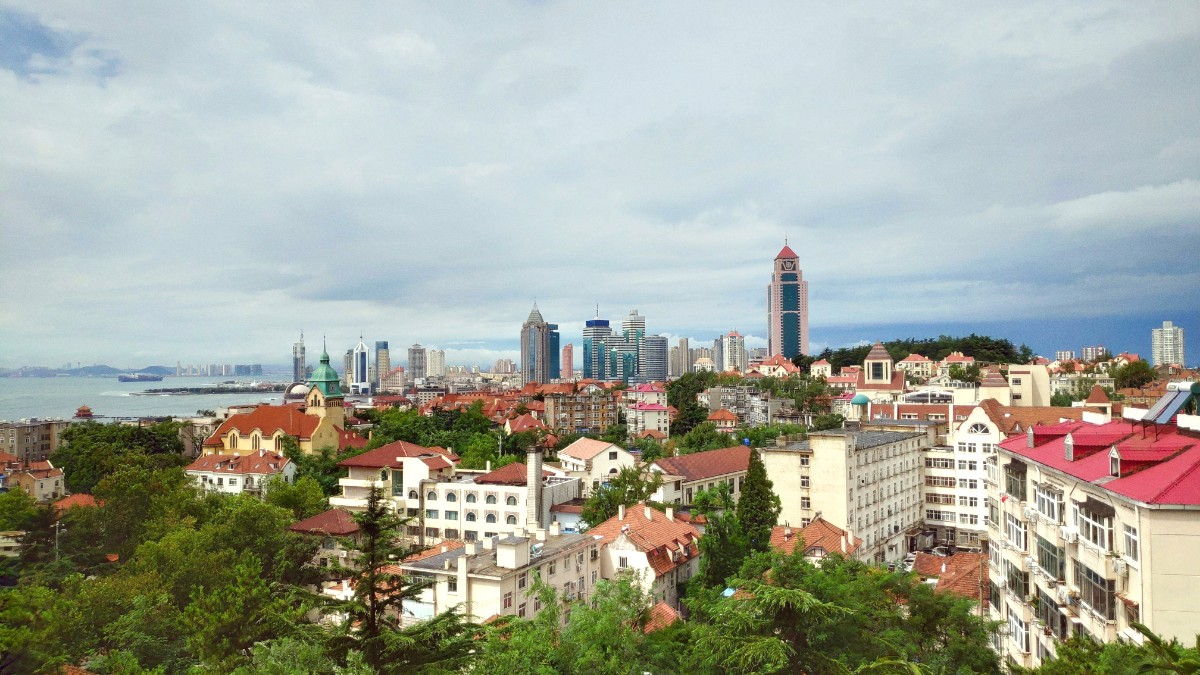
Shandong, China
Seafood, including prawns, crabs, clams, and various fish, features prominently. Wheat-based staples like noodles, dumplings, and steamed buns are common.
Flavors tend to be savory, salty, and sometimes sour. Braising, stewing, and quick-frying are common cooking methods. The goal often involves highlighting the natural freshness of the ingredients.
While Qingdao is distinct for its seafood, the broader Shandong cuisine features more robust, savory flavors and a greater use of vinegar and garlic.
Qingdao’s local dishes generally present a lighter profile, focusing on the freshness and quality of the ingredients.
Clams stir-fried with beer, chili, and garlic.
Find in most seafood restaurants.
Fresh, large prawns simply boiled.
Available at seafood markets and restaurants.
Dumplings filled with mackerel, squid, or shrimp.
Many local dumpling restaurants specialize.
The most famous local product, found everywhere. Enjoy from street vendors in a plastic bag with a straw, a local tradition.
Candied hawthorn berries on a stick, sometimes other fruits. Sweet and tart treat.
Many luxury hotels host high-end Chinese and international restaurants.
Abundant throughout the city, offering a variety of Chinese cuisines.
Lively street food stalls and local eateries for quick bites.
Located near the Tsingtao Beer Museum, this street is famous for its seafood restaurants.
Pick live seafood from tanks and have it cooked on the spot.
Offer fresh produce, seafood, and sometimes small eateries.
Provides an authentic local experience.
Pizza, burgers, pasta.
Sushi, ramen, tempura.
BBQ, stews, bibimbap.
Muslim Chinese restaurants.
Halal food is available, mainly at ethnic Hui (Muslim Chinese) restaurants.
Look for signs saying "清真" (Qīngzhēn).
Kosher food is extremely rare and usually not available.
Use translation apps or pre-translated cards explaining dietary restrictions.
Research specific restaurants in advance that cater to these needs.
Some local tour operators or cooking schools offer classes.
Available, often focusing on street food or seafood markets.
Direct tourist visits within Qingdao's urban core are less common.
During the Qingdao International Beer Festival, a wide array of international and local beers, perfectly paired with fresh seafood and BBQ, becomes readily available.
This event transforms the city's culinary landscape.
Tipping is not customary in China.
Ordering slightly more food than you can finish is common, symbolizing hospitality.
Various steamed or baked buns with sweet or savory fillings provide a taste of local baking traditions.
Qingdao’s local dishes generally present a lighter profile, focusing on the freshness and quality of the ingredients.